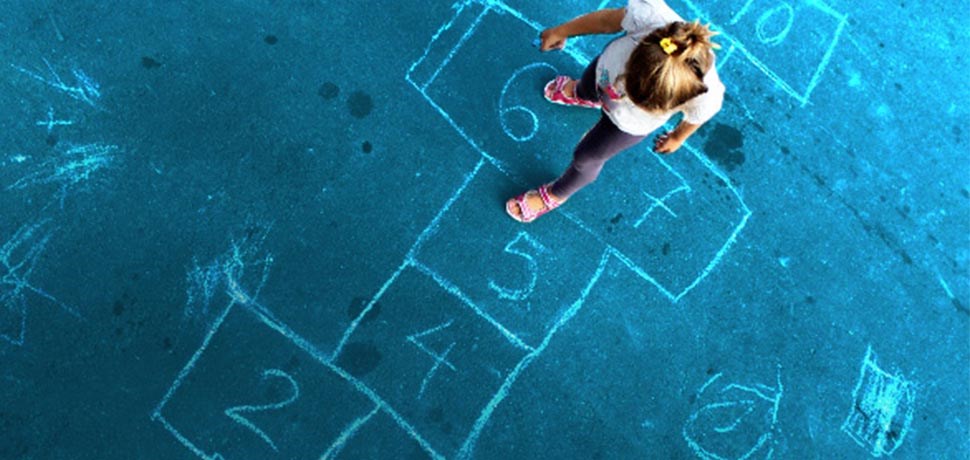Things that you may have noted in your children over this time include increased clinginess and tearfulness, poor sleep patterns, changes in eating habits, tantrums, a reluctance to go to school, sore stomachs, limited concentration, hyperactivity, emotional withdrawal, defiance, and behaviours associated with an earlier age or stage of development.
Seeing this from a neuroscience perspective
We might be tempted to see these behaviours as signs of misbehaving, rebelling or seeking attention, but research into trauma and anxiety indicate that these behaviours have a far more primal and adaptive base. In reaction to stress or tension our brain’s and body’s automated response is to protect ourselves from threat. The lower parts of the brain responsible for bodily protection have swamped the parts of the brain in charge of clear thinking, reasoning and emotion control. So, these children who are perceived to be “acting out”, are in essence functioning on high alert and in a state of fight, flight or freeze. Their bodies are telling them to respond to a risk, so they can attempt to avoid or reduce that threat in any way possible.
In other words, they are reacting to a situation that is making them feel unsafe, and are trying to find ways to tell you how they are feeling, often reverting to their behaviour as a means of communication.
Why do children respond differently from one another?
You may be wondering why some children react in this way and others appear largely unaffected. When trying to answer this question, many psychologists address the concept of resilience. The word ‘resilience’ has become a buzzword in society, but let’s unpack it according to the research, instead of some sensationalist view.
Resilience is defined as the ability to overcome hardship and do well, despite adverse experiences. Psychological research in child development has found that protective factors, which enhance healthy and appropriate coping mechanisms, will foster resilience. It is a balancing act to achieve some form of equilibrium by counteracting negative outcomes with protective experiences.
What are these protective experiences? Harvard University’s Developing Child Journal reported that the single most reliable factor to foster childhood resilience is at least one secure, stable and committed relationship with a supportive parent or caregiver. This protective factor offers a child a bedrock that models problem-solving abilities, self-regulation, self-belief and perceived control over a situation. Cumulative and consistent exposure of these parenting attributes have the ability to shift a child from succumbing to hardship, to achieving triumph.
Resilient parent = resilient child
Simply put: Helping your child foster resilience is helping you as a parent. The analogy that you cannot pour from an empty cup, speaks to this entirely. How can parents be expected to boost resilience in their children, if they themselves are driving on ‘empty’? In order to be this “secure, supportive and stable” parent, it is imperative for parents to start with themselves and prioritise their very own well-being. As the saying goes ‘a happy parent is a happy child’. Similarly, ‘a resilient parent is a resilient child’. This, according to the statistics, is most likely to serve as the buffer that children need from the developmental disruption they’re currently going through.
But how do you be that buffer for your children? In PART 2 of this newsletter, I’ll detail some steps you can take in order to do this effectively.
To find our more about the Talk Shop click here
In support of Mental Health month, Sasfin will be sharing insights and posting articles as a way of destigmatising the issues around mental health.
The two articles posted to date include:
Your mental Health matters – click here to read more.
Discover both the physical and emotional signs of stress, and then take action to manage it better - Click here to read more.
“I promise you nothing is as chaotic as it seems. Nothing is worth diminishing your health. Nothing is worth poisoning yourself into stress, anxiety, and fear.” ~ Steve Maraboli






